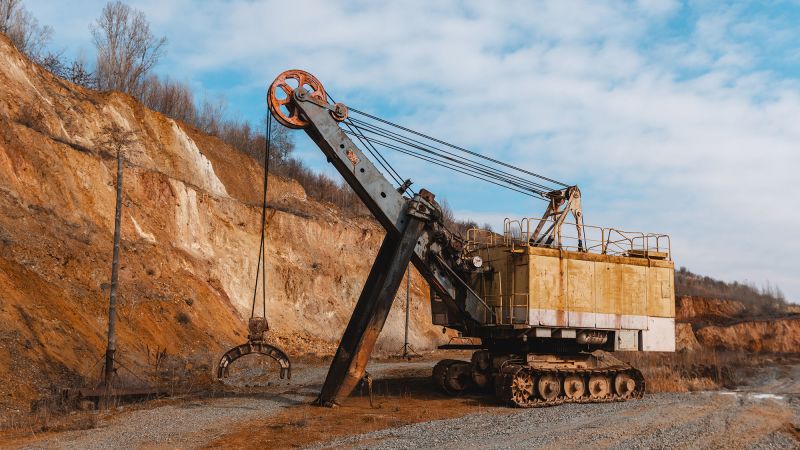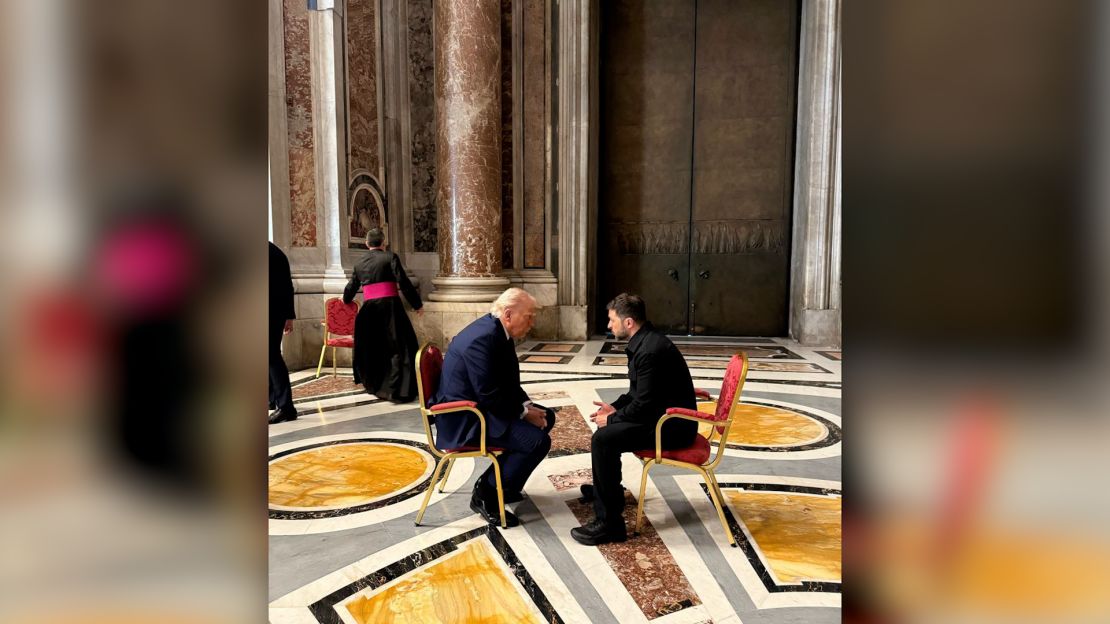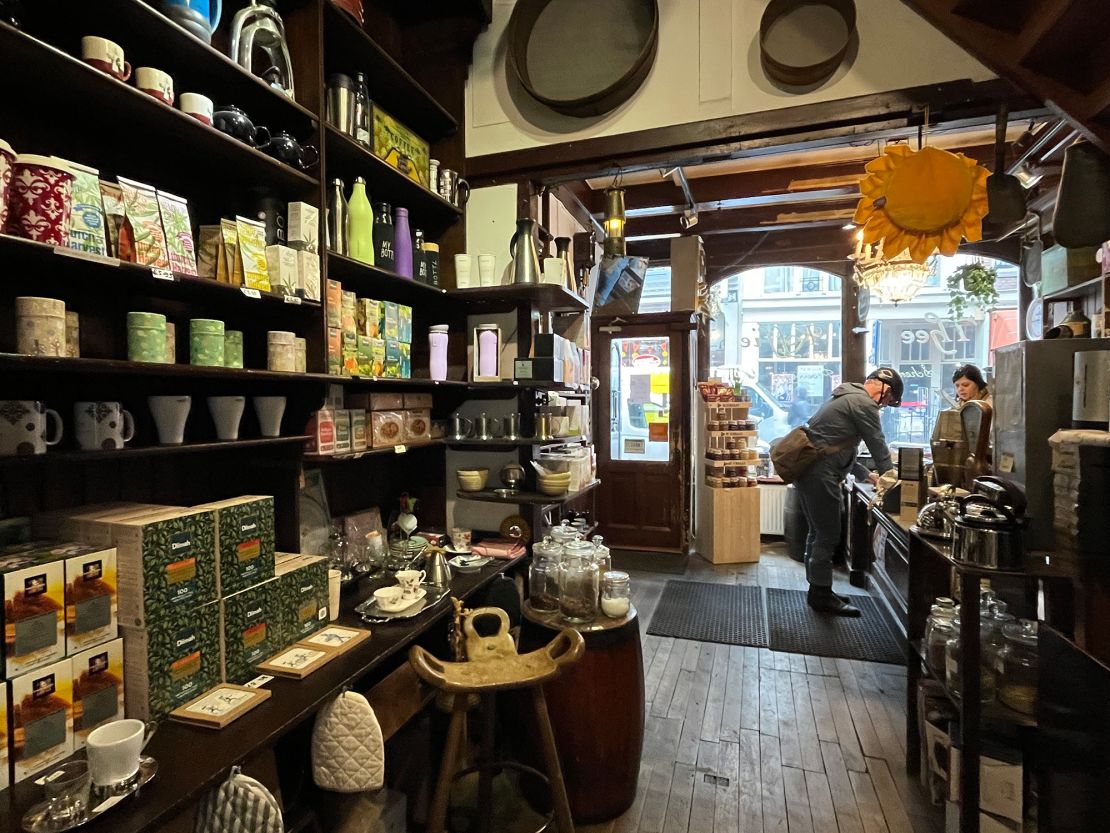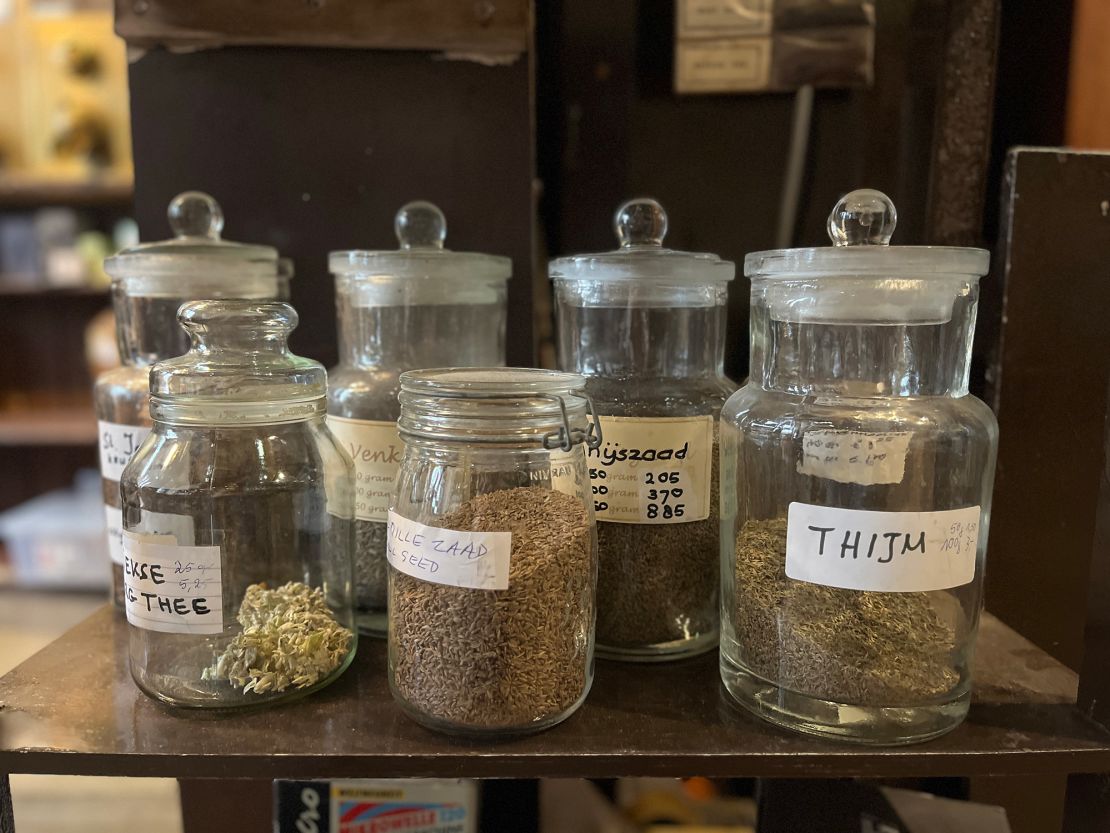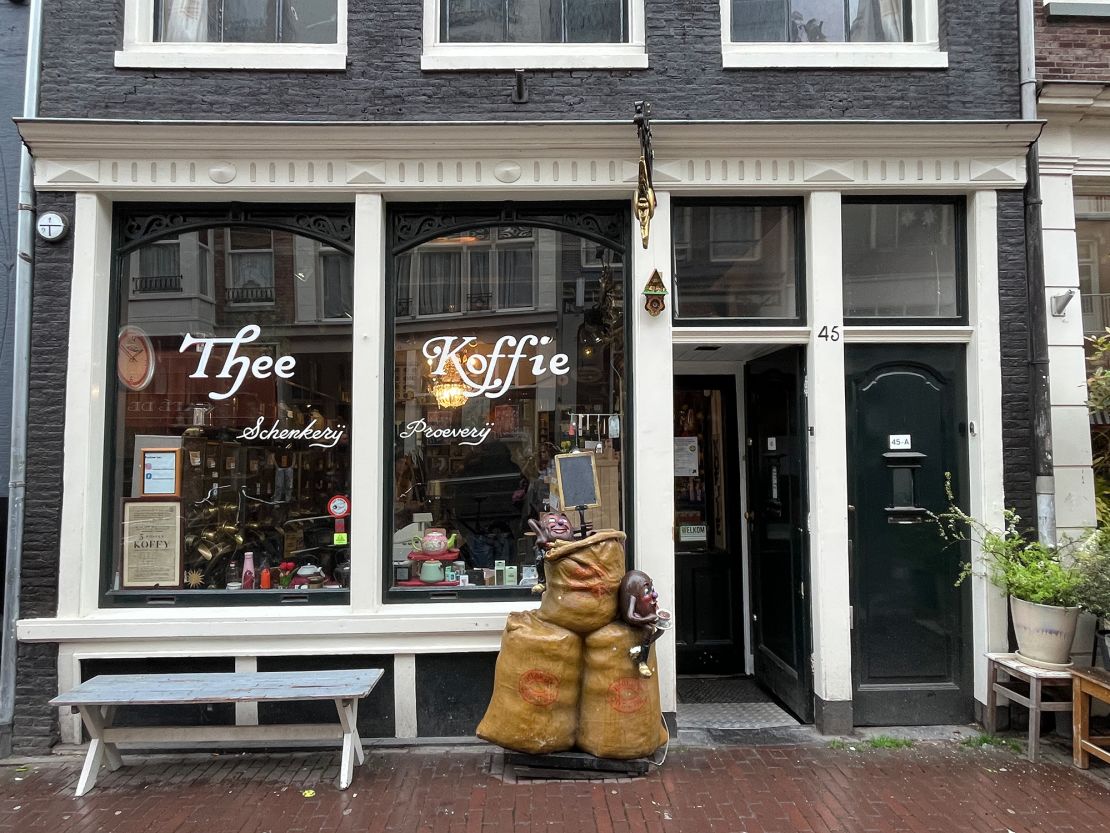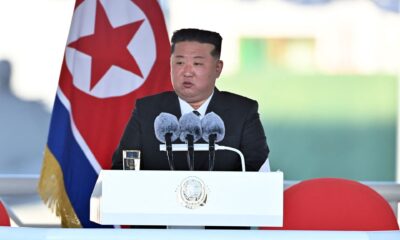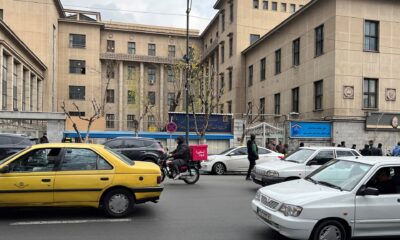CNN
—
The United States and Ukraine have signed an “economic partnership agreement” that will give Washington access to Kyiv’s mineral resources in exchange for establishing an investment fund in Ukraine.
The US and Ukraine have been trying to hammer out the natural resources deal since US President Donald Trump returned to the White House in January.
Compared to earlier drafts, the final agreement is reportedly less lopsided in favor of the US and is not as far-reaching. It stipulates that future American military assistance to Ukraine will count as part of the US investment into the fund, rather than calling for reimbursement for past assistance.
The deal comes after weeks of intense negotiations that at times turned bitter and temporarily derailed Washington’s aid to Ukraine.
Speaking Wednesday in a call with NewsNation, Trump said he made the deal to “protect” Washington’s contribution to the Ukrainian war effort. “We made a deal today where we get, you know, much more in theory, than the $350 billion but I wanted to be protected,” Trump said. “I didn’t want to be out there and look foolish.”
Trump has falsely claimed that the US has given Ukraine $350 billion since Russia fully invaded its neighbor in February 2022. The actual figure is around $120 billion, according to the Kiel Institute for the World Economy.
The US president said he told his Ukrainian counterpart Volodymyr Zelensky during their weekend meeting on the sidelines of Pope Francis’ funeral that “it’s a very good thing” if he signed the deal because “Russia is much bigger and much stronger.”
Among the terms of the agreement are “full ownership and control” of the resources staying with Ukraine, according to Kyiv’s Economy Minister Yulia Svyrydenko, who went to Washington to sign on behalf of the Ukrainian government.
“All resources on our territory and in territorial waters belong to Ukraine,” she said, adding: “It is the Ukrainian state that determines what and where to extract. Subsoil remains under Ukrainian ownership – this is clearly established in the Agreement.”
The signing comes hours after a last-minute disagreement over which documents to sign Wednesday threatened to derail the deal.
The details of the agreement have not been made public. However, Ukraine’s Prime Minister Denys Shmyhal said on Sunday that the deal “will not include assistance provided before its signing.”
“It is truly an equal and beneficial international agreement on joint investments in the development and recovery of Ukraine between the US and Ukrainian governments,” Shmyhal added.
Meanwhile, the tone of the US Treasury Department’s announcement of the deal showed more solidarity with Ukraine than previous statements from the Trump administration, referring to the war as “Russia’s full-scale invasion” of Ukraine.
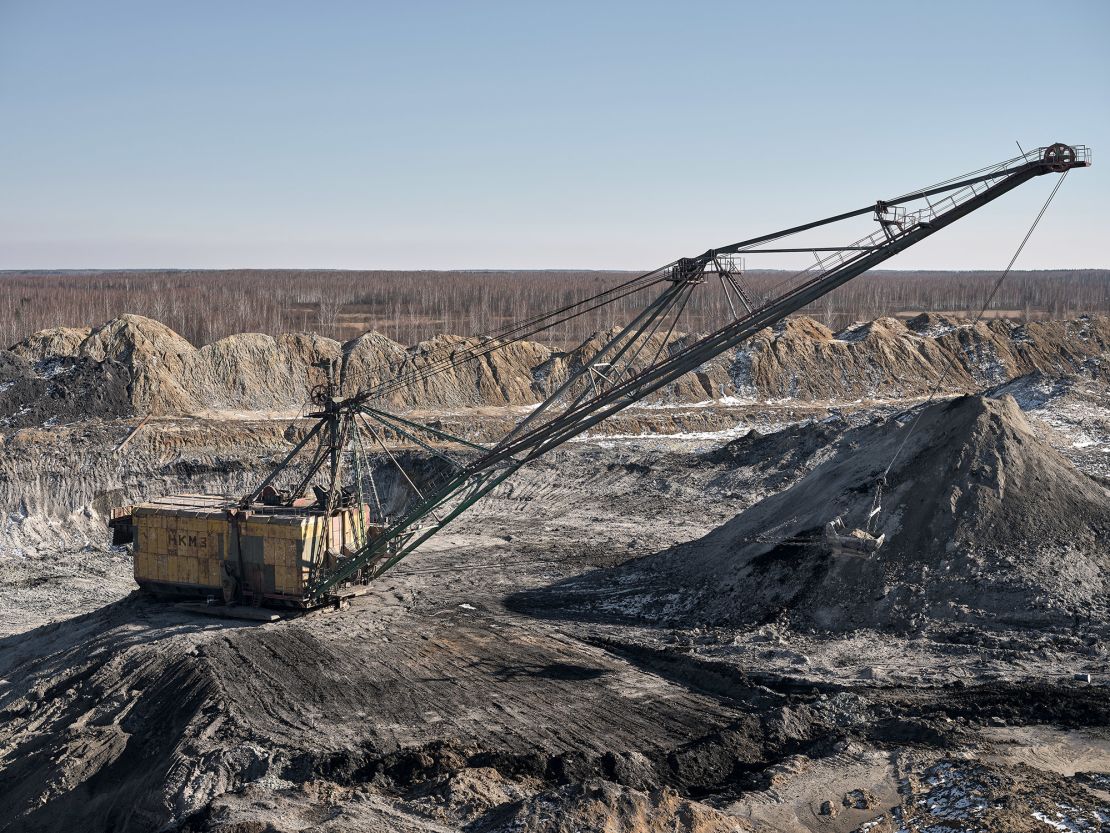
“As the President has said, the United States is committed to helping facilitate the end of this cruel and senseless war,” Treasury Secretary Scott Bessent said in a statement, calling it a “historic economic partnership.”
“This agreement signals clearly to Russia that the Trump Administration is committed to a peace process centered on a free, sovereign, and prosperous Ukraine over the long term,” Bessent added. “And to be clear, no state or person who financed or supplied the Russian war machine will be allowed to benefit from the reconstruction of Ukraine.”
Bessent said the US looks “forward to quickly operationalizing” the agreement, but it’s not clear how swiftly new mining projects and collaborations can be launched as the war rages on.
Zelensky was expected to strike the deal during his trip to Washington in February – but the agreement was left unsigned when that visit was cut short following a contentious Oval Office meeting.
Among the key sticking point of the negotiations was the question of security guarantees – and whether the US would provide them as part of the deal. Trump initially refused that, saying he wants Ukraine to sign the agreement first and talk about guarantees later.
At that time, Zelensky described the draft agreement as asking him to “sell” his country. Ukrainian officials have since indicated they believed that US investment and the presence of American companies in Ukraine will make the US more interested in Ukraine’s security.
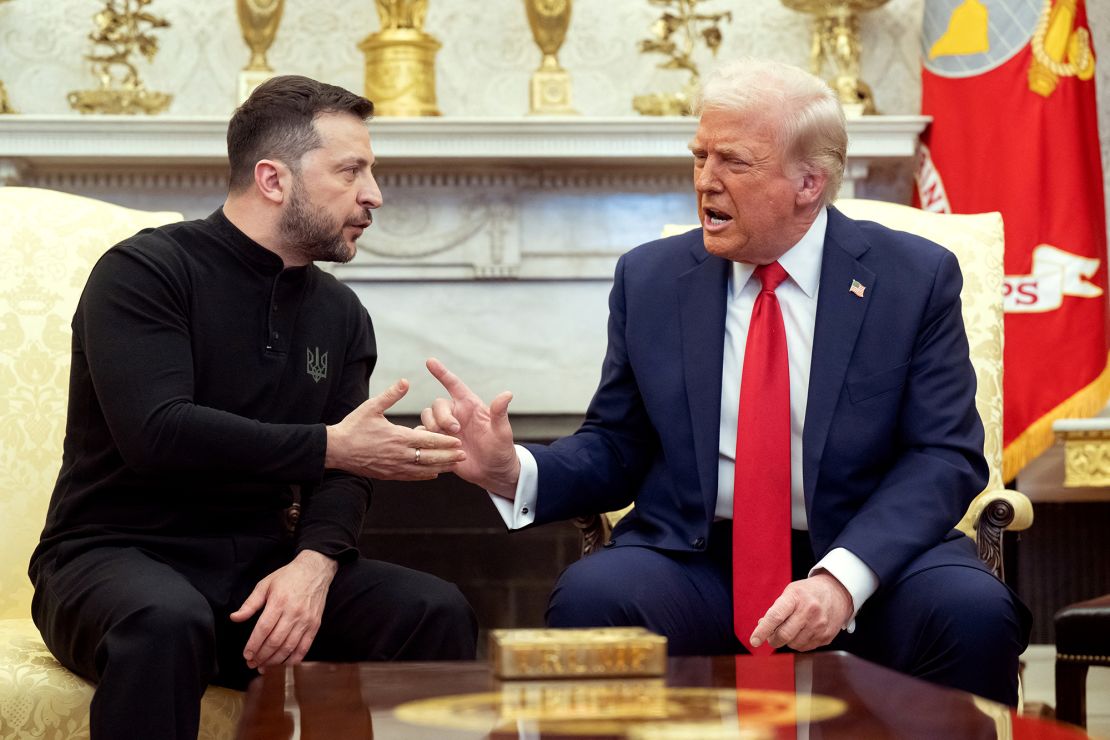
Shortly after the doomed White House visit, Trump ordered US aid to Ukraine to be suspended. While the assistance has since been restored, the episode became a major wakeup call for Ukraine’s European allies, who have pledged to step up their help to the country.
Trump had previously billed the agreement as Ukraine “paying back” for the aid the US has provided to Ukraine since Russia launched its unprovoked full-scale invasion of the country in February 2022.
Speaking to Fox News Wednesday, Bessent said the deal is “a signal to the American people, that we have a chance to participate, get some of the funding and the weapons, compensation for those.”
Under the deal, the US and Ukraine will create a joint investment fund in Ukraine with an equal contributions from both and equal distribution of management shares between them, Ukrainian Prime Minister Shmyhal said.
“The American side may also count new, I emphasize new, military aid to Ukraine as a contribution to this fund,” Shmyhal added.
Kyiv’s allies have long eyed Ukraine’s mineral riches. The country has deposits of 22 of the 50 materials classed as critical by the US Geological Survey.
These include rare earth minerals and other materials that are critical to the production of electronics, clean energy technologies and some weapon systems.
The global production of rare earth minerals and other strategically important materials has long been dominated by China, leaving Western countries desperate for other alternative sources – including Ukraine.
A memorandum of understanding prepared under the Biden administration last year said the US would promote investment opportunities in Ukraine’s mining projects to American companies in exchange for Kyiv creating economic incentives and implementing good business and environmental practices.
Ukraine already has a similar agreement with the European Union, signed in 2021.
This story has been updated with developments.




